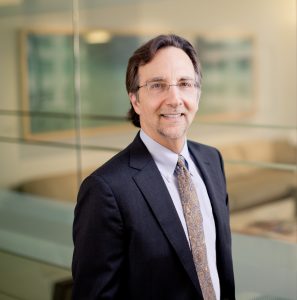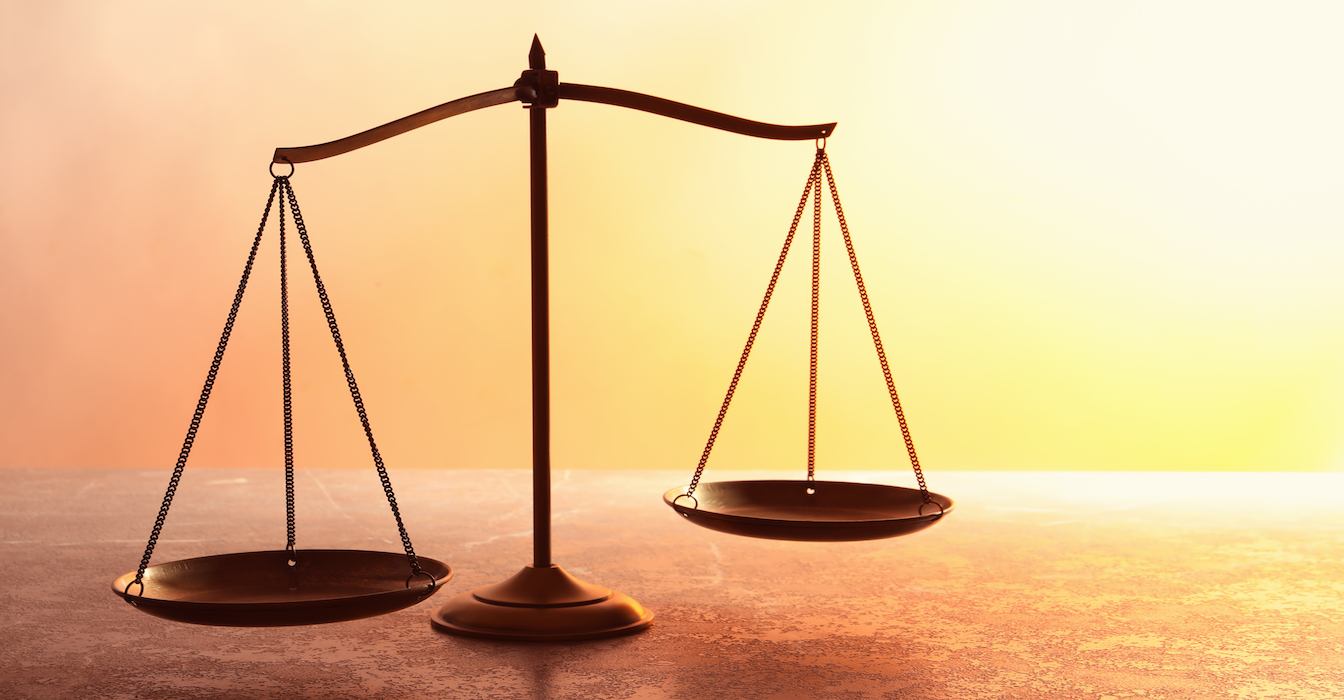Photo by Chernetskaya / Dreamstime.com
In times of catastrophe, lawyers generally are not key first responders. Instead, the legal community provides assistance not just shortly after the devastation occurs, but for months and even years into the future. After the headlines move on, the lawyers carry on.
When 9/11 happened, the police and fire departments arrived first on the scene as the nation mourned and we took these heroes into our hearts. When wildfires erupted in California, front-line fire fighters risked their lives, battled deadly blazes, and won our admiration and appreciation. Earthquakes and floods bring relief organizations to stricken areas while emergency crews set about securing the scene, lending aid, launching rescue efforts. Their work is incredible. And during this unprecedented time of Covid-19 pandemic and pandemonium, doctors, nurses and so many other health care professionals are doing righteous, death defying work, all so as to save our lives and the lives of those about whom we care so deeply. They embody the hero.
During and after all of these past disasters the legal community has been an indispensable player. Never more so than later in the game. After floods and earthquakes, legal aid and pro bono attorneys helped with FEMA appeals, public benefits issues, evictions and foreclosures, and insurance claims. Lawyers working literally years on the inevitable and mind-boggling instances of fraud that arose when scammers invaded the impacted areas and stole houses, charged for repairs never completed, took life-savings, and made promises that robbed so many of so much hope.

Yes, lawyers helped at the outset of these calamities, advising the impacted about available benefits, housing emergencies, small business problems, and generally ensuring access to health care and to justice. But when the television cameras left, the legal community arrived in droves. Lawyers saw the big picture and were stalwarts for months and years. Legal aid attorneys, pro bono volunteers, and law firm leaders made sure their ranks were in it for the long haul. Getting a house rebuilt, recovering title to real property, pursuing government relief programs, appealing denials of benefits, accessing food programs, suing crooked contractors, and more. Some of the litigation went on for several years. Many of the lawyers remained involved for many years. After each disaster, this has been the legal community’s enduring legacy, a commitment to justice that lasts as long as is needed, no matter the cost, no matter the duration.
The Covid-19 pandemic is no different. Lawyers have lined-up immediately to advise small businesses about their rights under the CARES Act. Informational sheets and FAQs have been prepared so that those impacted by the crisis have an outline of their rights as tenants, employees, employers, consumers, insurance policy owners, borrowers and taxpayers. The legal aid and pro bono communities have been engaged in around-the-clock discussions and planning so that those most in need have access to legal help, even in the absence of legal clinics and other face-to-face standard intake procedures.
But now, more than a month into an unprecedented quarantine environment, the long-view has come into focus. Health care professionals are saving lives, legal professionals are mapping ways to preserve lives. Lawsuits have been filed to address long-term issues that quickly are arising. People in detention centers, where social distancing is impossible, need protection. Prison inmates, particularly the elderly and medically vulnerable, must have their long-term safety assured. The aftermath of government loan and grant programs must be figured out. Under the Second Amendment, gun shops want to be deemed “essential services.” Under Roe v. Wade, some governors have banned reproductive rights services due to what they claim are Covid-19 inspired health concerns.
Litigation to come will frame the constitutional relationship between state governors and the federal government. Issues of pre-emption involving local, state and federal health, safety and lockdown rules will shape those relationships for a generation. Definitions of business interruption have to be established, price-gouging has to be addressed, fraudulent home testing for infection has to be rooted out. When eviction moratoriums eventually lift, housing courts will be overrun with landlord/tenant disputes. The re-opening of many of the nation’s immigration courts poses a quickly mounting potential backload of cases with which the legal community must grapple. The impact of massive unemployment, the growing demand for food assistance, threaten to tax policy makers, the courts and the lawyers who are there to help.
With enduring hope, the immediate threat to lives will end. Left to sort out the next phase of a forever-changed society, legal aid and pro bono lawyers will be the lone soldiers in the battle to eradicate new and deeply embedded roads into poverty. We long have learned that such a war on poverty cannot be waged without the legal community. The Covid-19 worldwide health emergency creates new challenges, new threats to life and liberty that only lawyers and the justice system can address. As we have seen so many times in the past, the legal community will be there, for many years, fighting a fight that few may recognize but all should respect. So much is at stake. So much time is required. So many lawyers are needed. So much history gives us comfort that they will not let us down.
David A. Lash is the managing counsel for Pro Bono and Public Interest Services at O’Melveny & Myers LLP. The views expressed are his alone.


